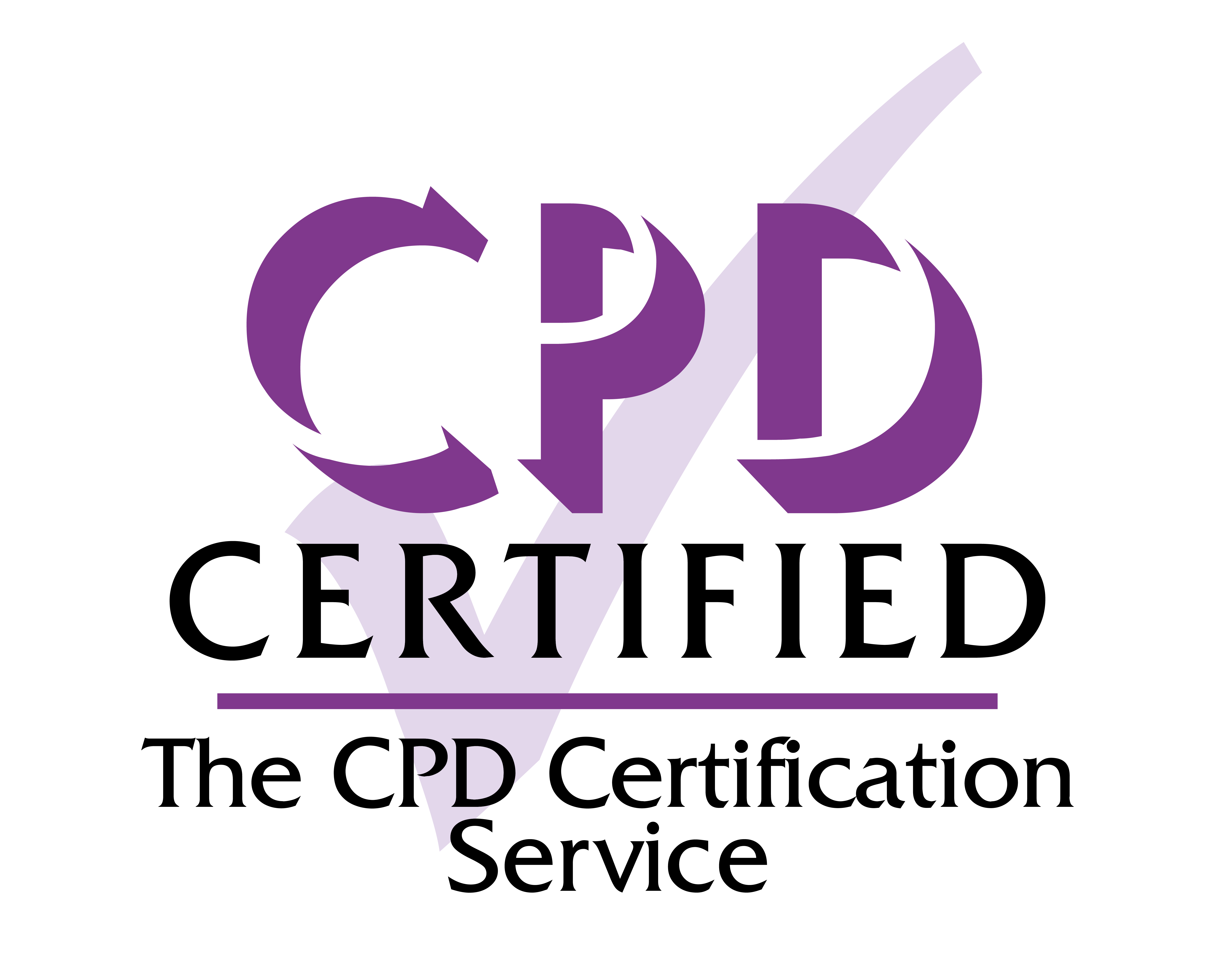Key information
Price
US$2,970
Commitment
6-8 hours per week
Study mode
Tutor guided
Certificate of Achievement
Evidence your learning with a Certificate of Achievement from the University of Cambridge on successful completion
Duration of 6 weeks
Regular weekly participation is key to gaining the most from your learning experience.
About the course
Effective policy-making requires more than just good intentions; it demands rigorous evidence, critical thinking and the ability to navigate complex decisions. This six-week course – developed with experts from the University of Cambridge Centre for Science and Policy – equips you with the skills to tackle today’s policy challenges with clarity and confidence.
You’ll explore the latest thinking in behavioural economics, neuroscience and psychology to understand what truly drives decision-making – challenging assumptions and debunking common myths. A central focus of the course is group decision-making: understanding how both individual and collective biases can impact outcomes, and how quality decisions can emerge from constructive disagreement.
You’ll discover methods for evaluating and accessing university research, synthesising conflicting evidence and adapting to shifting policy contexts. A unique court case simulation will test your ability to critically appraise evidence, advocate for solutions and apply analytical frameworks to uncover the root causes – not just the symptoms – of policy problems.
Drawing on real-world examples and guidance from your Cambridge tutor, you’ll develop the tools to craft evidence-based solutions that address complex issues. At the end of the course, you’ll be ready to ask the right questions, to navigate conflicting evidence with confidence and to produce a report tailored to your professional context – ready to drive forward meaningful change.

Created with the Centre for Science and Policy(Opens in a new window)

This course equals 48 hours of the CPD Certification Service(Opens in a new window) time.
Over six weeks, you’ll discover how to cut through complexity to identify crucial insights, design innovative policy frameworks backed by evidence, and confidently present solutions to pressing challenges. Through interactive exercises, you will practise evaluating evidence and crafting solutions.
You’ll cover essential skills like integrating conflicting evidence, diagnosing root causes using causal mapping and how to access the evidence needed. Guided by Cambridge experts, you’ll also learn strategies for horizon scanning, quick decision-making and rolling out cutting-edge frameworks – equipping you with the tools you need to address today’s policy-making challenges effectively.
Module 1: Foundations
Module 2: Applied decision-making
Module 3: Group decision-making
Module 4: What is evidence?
Module 5: Evidence-based policy-making 1
Module 6: Evidence-based policy-making 2
By the end of the course, you will be able to:
Apply your knowledge of decision-making from a decision sciences perspective to real-world problems.
Assess how decision-making can be improved in a real-world context.
Understand of the role of political science, public policy and specific philosophies on evidence-based policy-making and connect these concepts to personal experience of policy decision-making.
Identify what evidence is, and use different types of evidence to address a policy issue or issues.
Consider practical approaches to weighing evidence in order to inform policy decision-making, and identify and explain the ethical issues faced when using different forms of evidence.
Critically analyse policy issues to identify the cause(s) of the issue(s) and produce a graphical representation of policy problems.
On successful completion of the course, you’ll receive a certificate from the University of Cambridge, along with valuable Continuing Professional Development (CPD) points and a digital badge to display on your LinkedIn profile. These Cambridge credentials not only showcase your knowledge and expertise, but also demonstrate your commitment to professional development – helping to future-proof your career.
This course is designed for professionals responsible for making or influencing decisions, including policy decisions across government, the private sector and non-governmental organisations.
Strategic and operational decision-makers: Learn techniques to guide effective, collaborative decision-making processes.
Senior managers and directors: Learn how to gather evidence and evaluate it to make better, more impactful decisions
Public policy professionals: Develop the tools to tackle complex challenges and create evidence-based solutions.
Political science professionals: Gain deeper insights into decision-making frameworks and behavioural influences.
Researchers and policy analysts: Enhance your ability to evaluate evidence critically and inform impactful policies.
Decision managers: Learn techniques to guide effective, collaborative decision-making processes.
Civil and public servants around the world: Whether you’re working in the civil service or other public bodies in the UK, Australia, US, Canada or globally gain the latest skills to navigate today’s complex policy landscape.
Our flexible, online courses – delivered via a world-leading learning platform – reflect the University of Cambridge experience and values, with low learner-to-tutor ratios and academically rigorous standards.
Our online learning model is designed to help you advance your skills and specialise in emerging areas that address real-world challenges. We will help you build your network through an engaging and impactful learning journey that encourages collaboration with academics and fellow learners.
Courses are delivered in weekly modules, allowing you to plan your time effectively around existing commitments. There is an optional weekly live session, which is recorded for anyone who can’t attend. The assessment criteria will be presented to you at the start of the course, so you can approach your studies with confidence and motivation, knowing exactly what’s expected of you and how to meet those expectations.
Throughout your online learning experience with Cambridge Advance Online, you’ll have digital access to a dedicated course tutor, an expert in the field, who will help steer your learning and provide you with support and guidance every step of the way.
Level of knowledge and experience
To complete the summative assessments successfully, it would be helpful if you’re currently connected to the policy field or have some prior experience in this sector.
You’ll also need a good level of spoken and written English to make the most of the course (we recommend English language proficiency equivalent to an IELTS score of 7).
Materials and equipment
No specialist software or IT equipment required.
Sufficient internet speed (2 Mbps up/down) for video streaming.
University of Cambridge course lead
What our learners are saying
Coming from a frontline background, this course offered a valuable perspective on the theories behind decision-making and the importance of evidence in shaping policy. I particularly appreciated the feedback from [my tutor] Nick; his responses were always thorough and articulate, enhancing my learning experience.
I have learnt the importance of the framing of how a problem is approached and the influence it can have. I have learnt real-world examples of how decision-making and policy can be influenced by process and individual approaches, and how best to mitigate this. I enjoyed the discussion boards as a way to asynchronously interact with other people on the course.
My understanding of the context of decision-making in public policy and how evidence analysis relates to this process has expanded enormously... this new map is very helpful in understanding how to move my own project forward. A valuable takeaway for me personally was in appreciating the importance of quality of evidence in seeking to bring about a change in policy.
Let’s keep in touch
Sign up here to receive news and updates about Cambridge Advance Online courses from us and relevant university departments.

